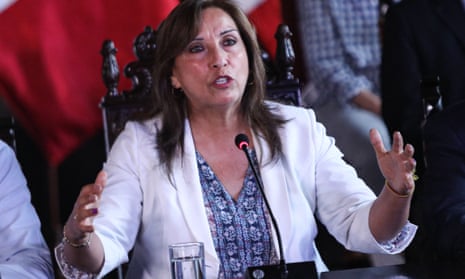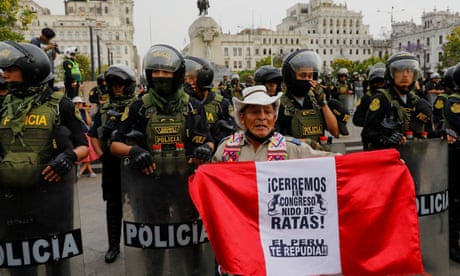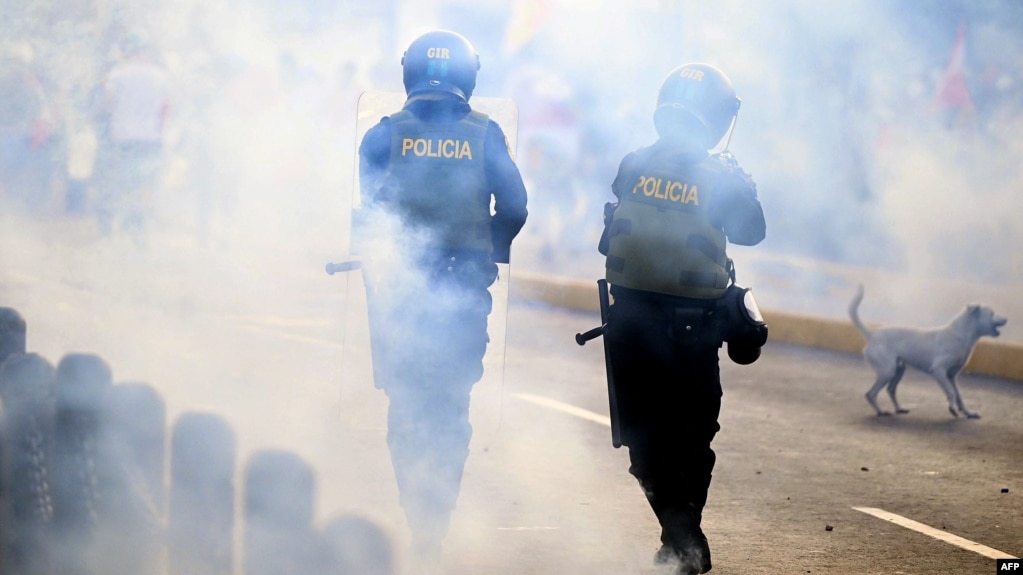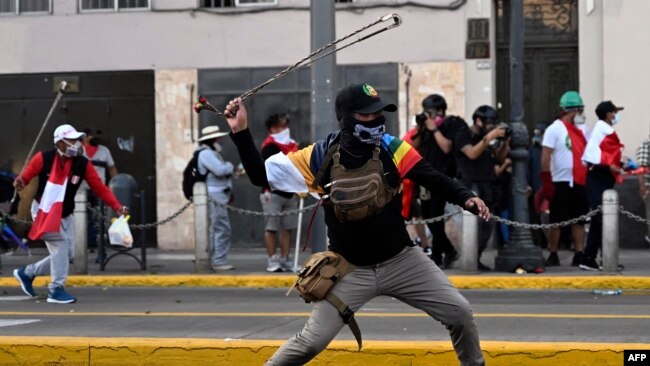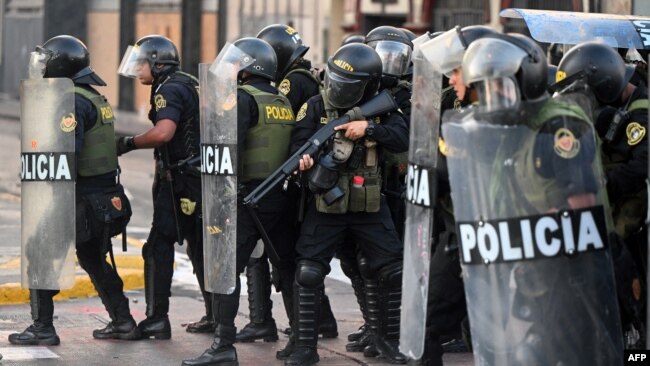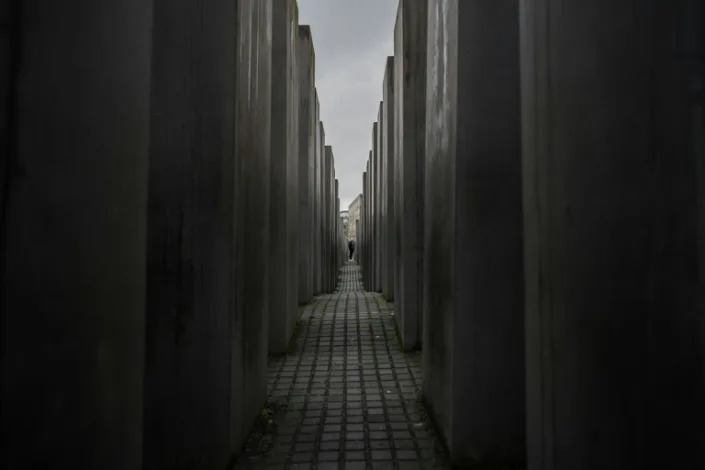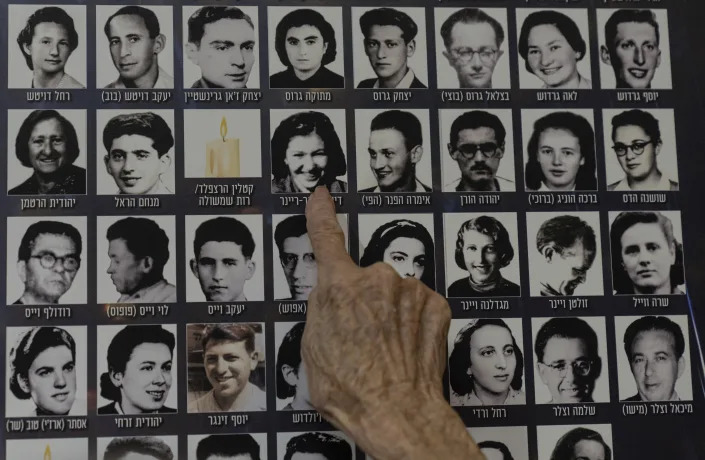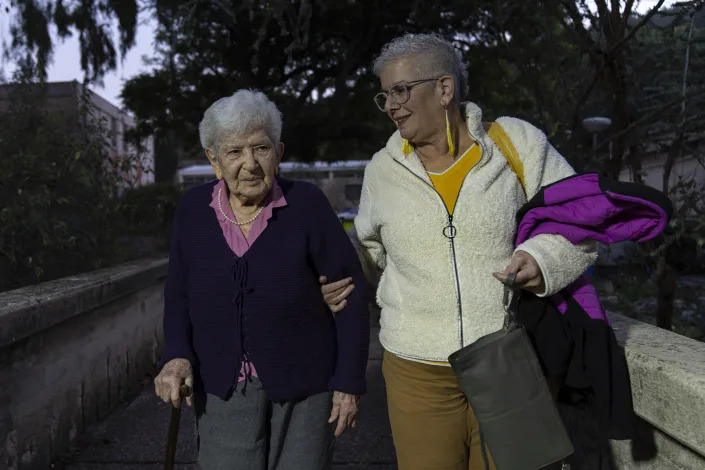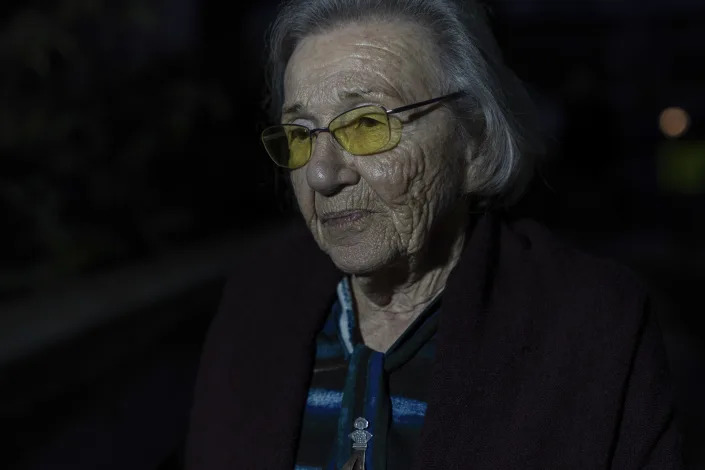By - AFP
Updated: Jan 28, 2023

The Academy of Motion Picture Arts and Sciences said Friday it was launching a review of Oscars campaigning, days after a small indie film surprised industry-watchers with a shock nomination to Hollywood's most prestigious awards.
"To Leslie" had taken just $27,000 at the box office when star Andrea Riseborough's name appeared on the shortlist of nominees for Best Actress.
Riseborough, who plays a Texas single mother struggling with alcoholism, beat out presumed frontrunners Viola Davis ("The Woman King") and Danielle Deadwyler ("Till").
The nod came after an intense, last-minute social media campaign mounted on her behalf by celebrity friends including Edward Norton, Gwyneth Paltrow, and Sarah Paulson.
On Friday, the Academy said it would be examining its processes, although it did not mention the film by name.
"It is the Academy's goal to ensure that the Awards competition is conducted in a fair and ethical manner, and we are committed to ensuring an inclusive awards process," a statement said.
"We are conducting a review of the campaign procedures around this year's nominees, to ensure that no guidelines were violated, and to inform us whether changes to the guidelines may be needed in a new era of social media and digital communication.
"We have confidence in the integrity of our nomination and voting procedures, and support genuine grassroots campaigns for outstanding performances."
The Oscars are awarded based on the votes of the 9,500 members of the Academy -- many of them previous winners.
Academy membership is divided into 17 branches -- actors, directors, producers, costume designers and so on -- with each branch picking the nominees in their area of expertise.
With around 1,300 members of the actors' branch, a nominee in this category needs just over 200 votes to make the shortlist.
In the months ahead of the Oscars, which this year will be held on March 12, billboards in Los Angeles are plastered with advertisements for films as studios seek to persuade voting members.
There are also a host of parties and events aimed at generating a buzz.
Campaigns are often organised by professional companies and generally don't come cheap, so are usually the preserve of large studios.
But "To Leslie" was absent from this circuit.
Variety reported Friday that "Titanic" star Frances Fisher had posted on social media encouraging her fellow Academy members to nominate Riseborough.
"To my fellow Actors in The Academy - According to Pete Hammond writing for Deadline, Andrea Riseborough can secure an Oscar nomination if 218 (out of 1,302) actors in the Actors Branch nominated her in first position for Best Actress," she wrote on Instagram, according to Variety.








